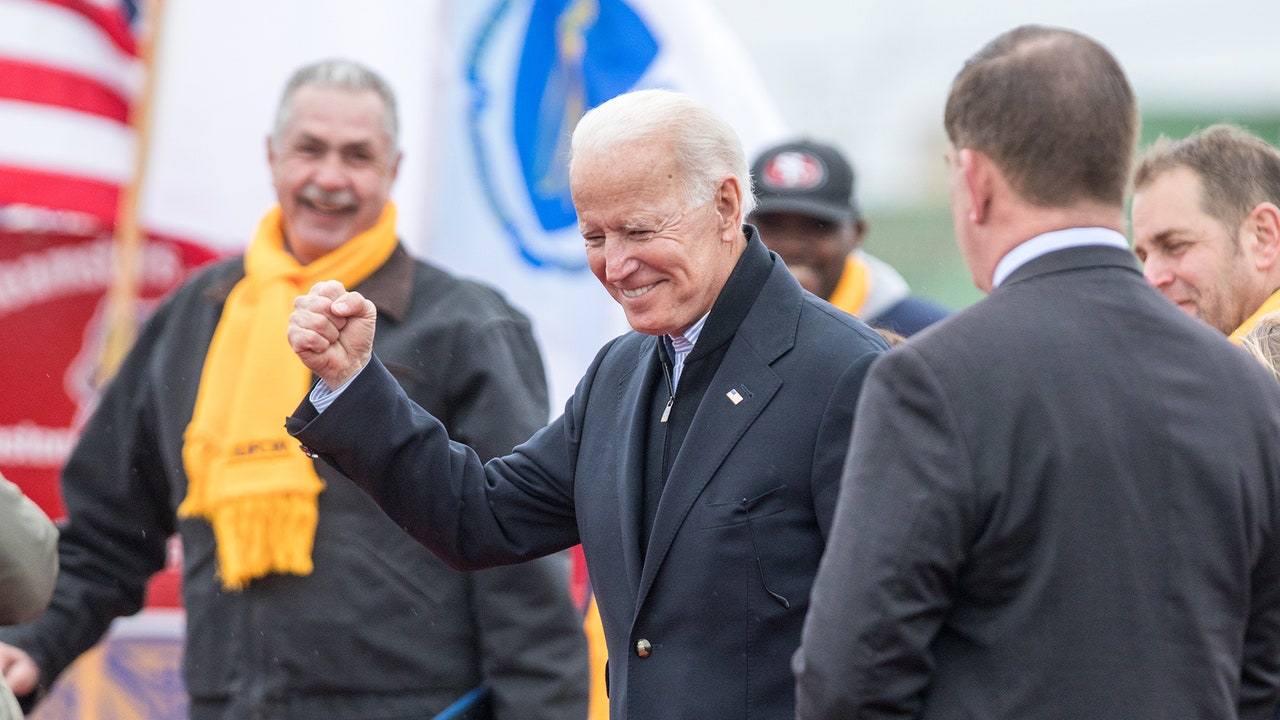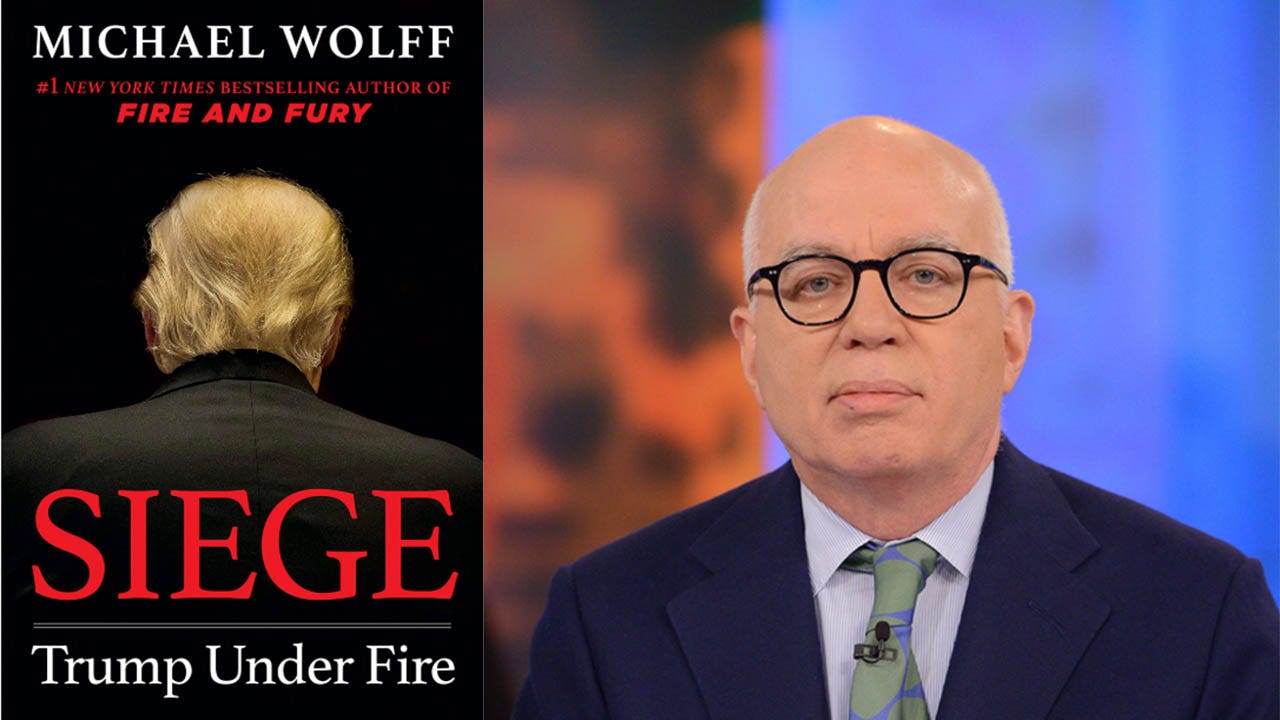taantumu
Ylipäällikkö
Kongressin tiedustelukomitea julkaisi Michael Cohenin komitealle suljettujen ovien takana antamat lausunnot. Cohenin mukaan Trumpin asianajaja Jay Sekulow kannusti Cohenia valehtelemaan kongressille Moskovan Trump Tower-projektista. Sekulow kertoi Cohenille presidentin harkitsevan armahduksia tavoitteenaan lopettaa tutkimukset.
https://www.washingtonpost.com/poli...fc796cf2ec0_story.html?utm_term=.e8c8d4225adaMichael Cohen, President Trump’s former longtime personal attorney, told a House panel during closed-door hearings earlier this year that he had been encouraged by Trump lawyer Jay Sekulow to falsely claim in a 2017 statement to Congress that negotiations to build a Trump Tower in Moscow ended in January 2016, according to transcripts of his testimony released Monday evening.
In fact, Cohen later admitted, discussions on the Moscow tower continued into June of the presidential election year, after it was clear Trump would be the GOP nominee. Cohen is serving three years in prison for lying to Congress, financial crimes and campaign finance violations.
House Democrats are now scrutinizing whether Sekulow or other Trump attorneys played a role in shaping Cohen’s 2017 testimony to Congress. Cohen has said he made the false statement to help hide the fact that Trump had potentially hundreds of millions of dollars at stake in a possible Russian project while he was running for president.
“We’re trying to find out whether anyone participated in the false testimony that Cohen gave to this committee,” House Intelligence Committee Chairman Adam B. Schiff (D-Calif.) said in an interview.
Jane Serene Raskin and Patrick Strawbridge, attorneys for Sekulow, said in a statement that “Cohen’s alleged statements are more of the same from him and confirm the observations of prosecutors in the Southern District of New York that Cohen’s ‘instinct to blame others is strong.’ ”
“That this or any Committee would rely on the word of Michael Cohen for any purpose — much less to try and pierce the attorney-client privilege and discover confidential communications of four respected lawyers — defies logic, well-established law and common sense,” they added.
It is unclear how much detailed knowledge Sekulow had about the timeline of Trump’s most recent effort to build a branded tower in Moscow, which Cohen began in September 2015 and ended in June 2016, according to court documents. Sekulow joined Trump’s legal team after he was elected.
Cohen’s claims about Sekulow were first described to The Washington Post by people familiar with his testimony and laid out in transcripts of his February and March appearances before the House intelligence panel released Monday evening.
In those depositions, Cohen acknowledged that he used January 2016 as the end date for work on the Moscow project when he originally drafted his 2017 statement to Congress. He said Sekulow urged him to stick to that date, even though he believed Sekulow and others knew that the deal was actually discussed far later than that.
“As Mr. Sekulow had explained, just let’s keep it to that date, which is prior to the lowa caucus,” the opening contest of the White House race, Cohen told the committee.
Cohen’s closed-door testimony before the committee led congressional Democrats this month to press Sekulow and other Trump family lawyers who were involved in a joint defense agreement for more information about work they did preparing Cohen’s 2017 statement. Schiff has asked four attorneys to turn over documents and schedule interviews with the panel, a request they have so far rebuffed, calling it a threat to the long-standing protection of communications between lawyers and their clients.
In his public testimony before the House Oversight Committee in January, Cohen said that “Mr. Trump’s personal lawyers reviewed and edited my statement to Congress about the timing of the Moscow Tower negotiations before I gave it.”
He accused Sekulow of making changes to the 2017 statement.
“There were changes made, additions, Jay Sekulow, for one,” Cohen told the panel.
Sekulow denied making any changes to Cohen’s planned testimony about the timing of the Trump Tower Moscow project, calling Cohen’s allegation “completely false.”
In subsequent closed-door depositions before the House Intelligence Committee, Cohen was more specific.
Cohen said he spoke with Sekulow 20 or more times about his 2017 statement before submitting it to Congress, though those conversations were sometimes nebulous. Asked what he recalled from those conversations with Sekulow, Cohen said: “Stay on message. Minimum contact. No Russia. No collusion. Nothing here.”
Cohen said he discussed with Sekulow the fact that his statement said the Trump Tower Moscow deal was aborted in January 2016, and Sekulow responded, “Good. Good. Let’s just stay on message. Keep this thing short.”
Asked what the message was, Cohen said, “It was the period of time, it was before the lowa caucus. And it was just a good time. It was just — it was before, it was a couple weeks before the lowa caucus, and let’s just keep it that way.”
He was asked by Schiff whether Sekulow was aware that the original draft was false when it said that negotiations on the project ended in January. Cohen responded: “Yes, sir.”
Cohen said also he spoke to Sekulow about a potential pardon “quite a few” times “before and after” his testimony to the committee. He said Sekulow didn’t say directly that the president was considering giving him a pardon, but rather said “there’s always the possibility of a pre-pardon.”
Cohen said Sekulow said the reason the president was considering pardons was “to shut down the inquiries and to shut the investigation down.”
In a tweet Monday night, fellow Trump attorney Rudolph Giuliani wrote, “Jay Sekulow is one of the very most ethical lawyers and honest men I have ever known. Michael Cohen is a serial liar. Cohen should be prosecuted for his blatant perjury before the House committee. Jay should receive the most effective and ethical lawyer of the year award.”
In his closed-door deposition, Cohen also testified that the proposed Trump Tower Moscow project would have been more profitable for Trump’s company than other development deals because it envisioned Trump receiving a higher licensing fee than for other projects, along with a $4 million upfront fee to be paid to Trump as the project began.
The Trumps knew that any potential real estate deal — especially worth “hundreds of millions” of dollars, much larger than Trump’s normal licensing deals — would have to be approved by the Kremlin and even Russian President Vladimir Putin himself, Cohen said.
At one point, Cohen testified that business partner Felix Sater came up with the idea of selling the building’s penthouse to Putin as a marketing ploy.
Cohen said that he relayed the idea to Trump, who appeared amused, neither blessing it nor dismissing it. “He just thought it was clever, funny,” Cohen said.
Despite Cohen’s history of lying to Congress, senior Democrats on the House and Senate intelligence committees indicated that they are taking his allegations seriously.
“If it is accurate that one of the President’s personal attorneys encouraged him or edited his testimony to give Congress a false date, it’s further evidence that the President had some reason for not wanting the American people, or the Senate Intelligence Committee, to know the truth about his dealings with Russia as a candidate,” Sen. Mark R. Warner of Virginia, the ranking Democrat on the Senate Intelligence Committee, said in a statement.
Cohen’s claims were reviewed by special counsel Robert S. Mueller III, who sought without success to question one of Trump’s personal attorneys about interactions he had with Cohen about the 2017 testimony.
According to Mueller’s report, Cohen spoke to a counsel for Trump frequently in the days before he submitted his statement to Congress on Aug. 28, 2017. The Trump lawyer was not named in the report.
Cohen told investigators that he recalled telling the president’s lawyer that the statement did not reflect the extent of communications with Russia and Trump about the Moscow project.
The Trump attorney told Cohen that it was not necessary to include other details in the statement, which he advised should be kept “tight.” Cohen told investigators he also recalled that the lawyer told him “his client” appreciated Cohen and he should stay on message and not contradict the president, according to the report
Mueller’s team sought to speak to the Trump lawyer about the conversations with Cohen, “but counsel declined, citing potential privilege concerns,” according to the report.
Cohen’s claims led Schiff to demand information from Sekulow and three other lawyers who played a role reviewing Cohen’s 2017 testimony: Abbe Lowell, an attorney for Jared Kushner and Ivanka Trump; Alan Futerfas, an attorney for Donald Trump Jr.; and Alan Garten, an attorney for the Trump Organization.
The four lawyers have said they cannot answer Schiff’s requests because of attorney-client privilege, which bars them from discussing confidential conversations.
Schiff has promised to push ahead, threatening to issue a subpoena for the lawyers’ cooperation if necessary, noting that they had an incentive to encourage Cohen’s initial testimony.
“Cohen himself stood little to gain by lying to our committee,” Schiff told The Washington Post. “Donald Trump and others around him stood far more to gain from that being concealed from our investigation. So it obviously begs the question of whether this was something he did on his own . . . or were there others who participated in the falsehood before our committee.”
Schiff also warned that the privilege claim may not allow the attorneys to avoid testifying before his committee.
“The privilege doesn’t apply if it’s being used to conceal a crime or a fraud,” he said. “And if the attorneys were conferring amongst themselves and Mr. Cohen about a false statement they were going to make to our committee, there’s no privilege that protects that kind of conduct.”
On Monday, after the release of the Cohen transcripts, when asked about possible subpoenas for the Trump family and Trump lawyers, Schiff said, “We’ll consider what compulsion we need to use given that they have thus far refused to cooperate with us.”
In a letter to Schiff on Friday, attorneys for the four Trump lawyers expressed dismay at his effort to compel their testimony.
“We find the Committee’s outright, blanket refusal to recognize the attorney-client privilege — a bedrock principle of common law dating back centuries — to be stunning, unwise, and unwarranted,” they wrote.
They called the inquiry “an attempt to pursue a law-enforcement investigation which is outside the constitutional authority of the legislative branch.”
Schiff has also expressed interest in hearing from Sater, who was working the Russian side of the Trump Tower Moscow proposal in 2016.
Lawyers for Cohen said it appears that Sater and his attorney Robert Wolf reviewed Cohen’s testimony before it was submitted to Congress in 2017, according to documents they reviewed. Sater’s involvement negates any privilege claim, Cohen’s attorneys said.
“Because it appears that the draft statement was shared with two non-privileged individuals — Mr. Sater and his lawyer — the joint defense privilege was in our professional opinion waived,” said Lanny Davis, one of two criminal defense attorneys representing Cohen.
Sater and Cohen had discussions about the Moscow project into June 2016, but Sater did not correct Cohen’s original assertion to Congress that the project ended that January.
Sater declined to comment on questions about Cohen’s testimony, but he said he stands ready to cooperate with Schiff’s inquiries.
“I have always cooperated with the U.S. government and look forward to continued cooperation,” Sater said. “I will make myself available to Congressman Schiff’s committee or any other committee as they deem necessary.”




